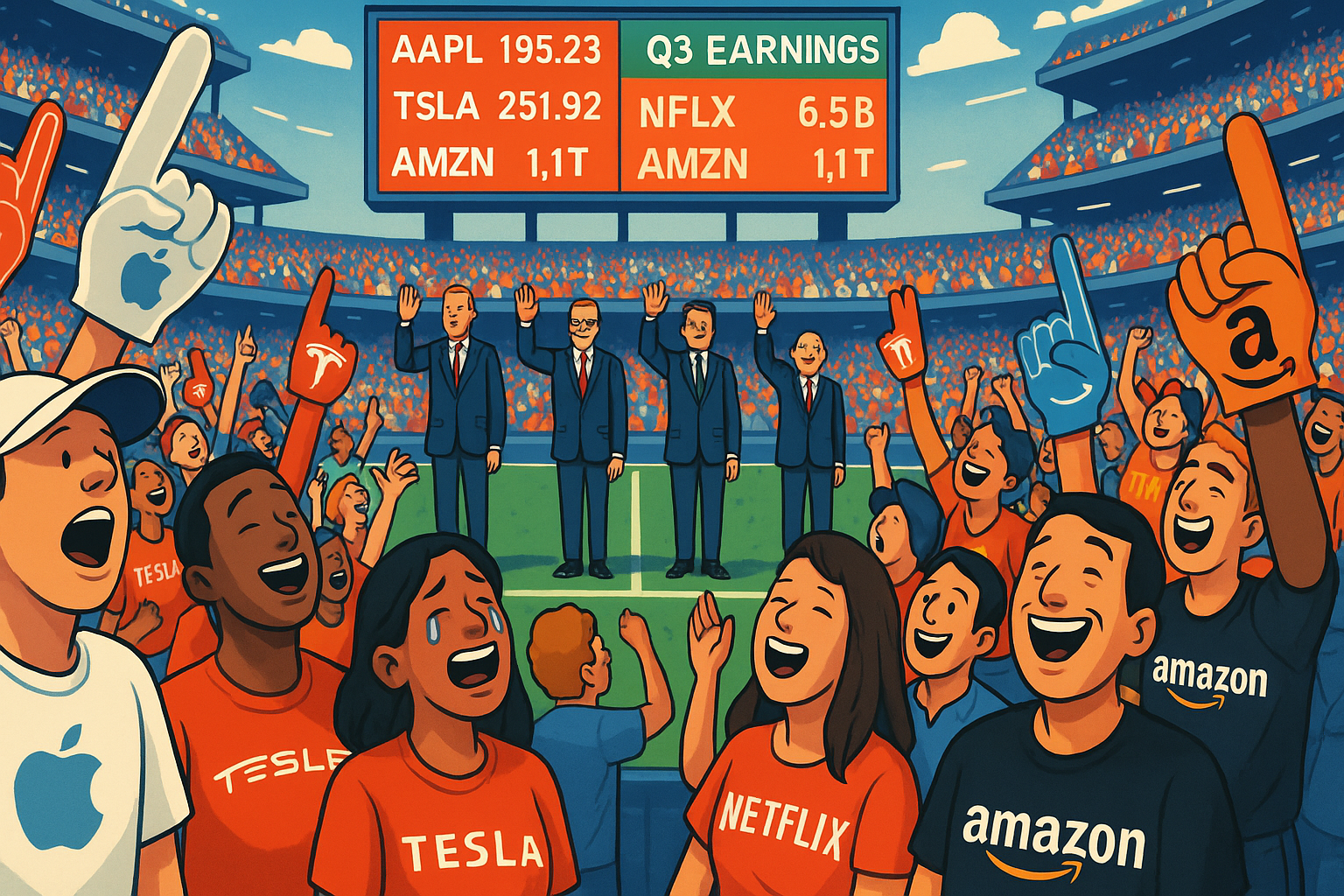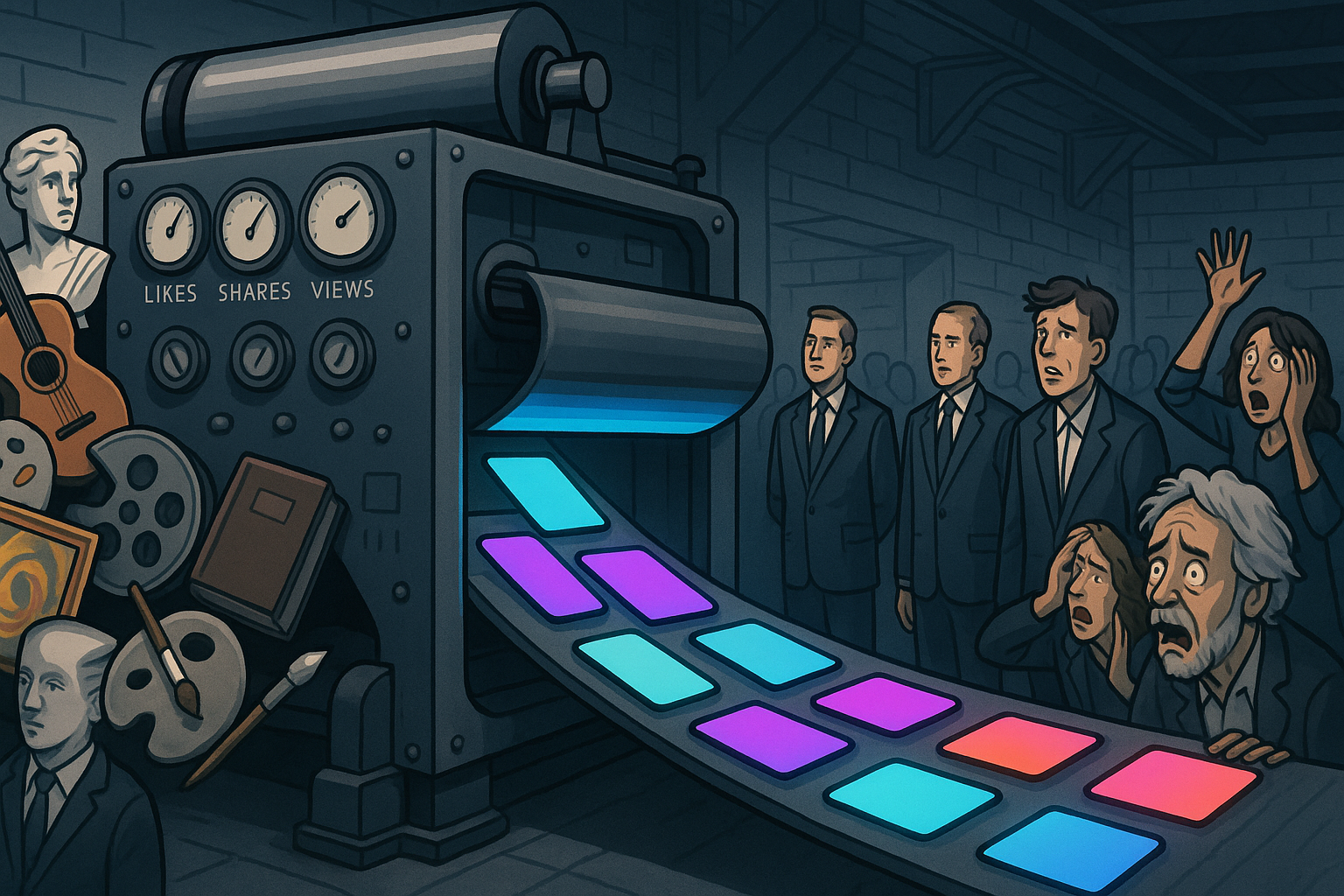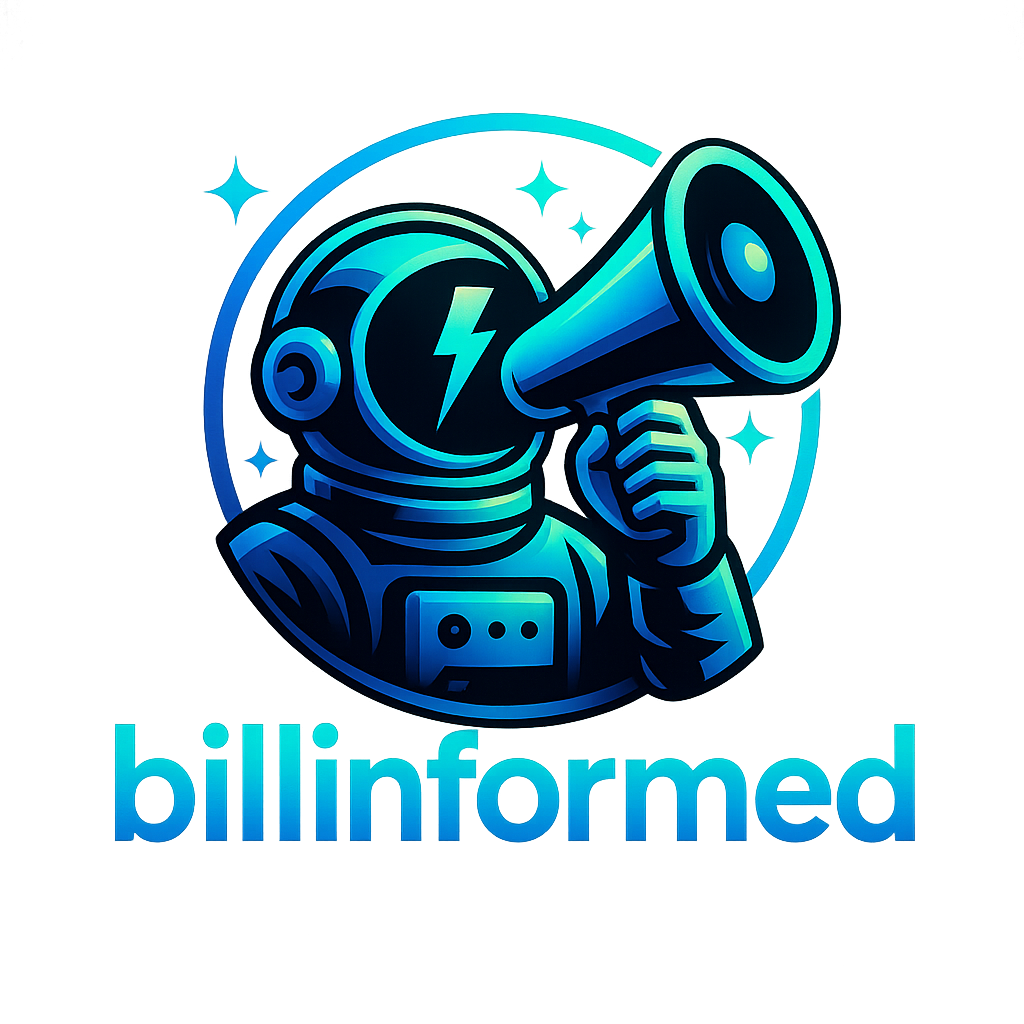There's a moment—you might have felt it too—when you realize we've become a civilization of people cheering for Netflix's quarterly subscriber numbers like they're personally invested in Reed Hastings' yacht payments. It hits you while scrolling through your feeds, watching someone defend Apple's latest dongles with the passionate intensity of a medieval crusader, and you think: When the fuck did we start forming emotional attachments to quarterly earnings reports?
Welcome to the Great Flattening, where human culture got fed through Silicon Valley's engagement optimization machine and came out the other side as a series of trending hashtags and box office scorecards.
When Success Metrics Became the Entire Point
Remember when movies used to open and people would talk about whether they were good? Those halcyon days of 2010, before we collectively decided that artistic merit should be measured exclusively in opening weekend revenue? Now every film review reads like a stock market report: "Marvel's Latest CGI Explosion Grosses $47 Trillion, The Cinema Is Alive and Well."
It's like judging restaurants based solely on how many people ate there yesterday. "This McDonald's served 50,000 customers today; therefore, it must be the finest dining establishment in the city." The logic is flawless if you're an algorithm. Less compelling if you've ever tasted food.
The entertainment industry didn't just embrace this metrics-based evaluation—they weaponized it. Studios now greenlight movies based on algorithmic predictions, the way hedge funds trade derivatives. Writers pitch concepts that fit SEO keywords. Directors optimize for "four-quadrant appeal," which sounds like a Pentagon briefing on demographic warfare.
We've turned art into a branch of management consulting, complete with PowerPoint presentations about audience engagement metrics and conversion funnels.
The Corporate Loyalty Pyramid Scheme
But the real mindfuck of our current cultural moment is watching people voluntarily transform themselves into unpaid brand evangelists. Tesla owners are defending Elon Musk's honour like he's their alcoholic father who definitely meant well. Apple fanboys treat iPhone criticism as personal attacks on their lifestyle choices. Amazon Prime subscribers wear their membership like a badge of cultural sophistication.
This isn't customer satisfaction—this is Stockholm syndrome with a purchase history.
The genius of modern corporate marketing is that they convinced consumers to do its advertising for them. Why hire a sales team when you can convince people that their phone choice is a fundamental expression of their identity? Why pay for market research when customers will defend your products for free on social media, treating every critique like a theological challenge requiring immediate rebuttal?
We've created a world where people form deeper emotional bonds with multinational corporations than they do with their actual neighbours. Jeff Bezos doesn't know you exist, Karen, but sure, go ahead and defend his tax avoidance strategies like he's going to invite you to his space tourism launch party.

The Algorithm's Invisible Dictatorship
Here's what keeps me staring at the ceiling at 3 AM: We didn't choose this crap. We sleepwalked into an ecosystem where recommendation algorithms quietly replaced human judgment as the primary curator of human experience. Netflix tells us what constitutes quality television. Spotify defines musical taste. TikTok determines what counts as humour. Amazon decides what books are worth reading.
These systems aren't optimizing for quality—they're optimizing for engagement, which is like optimizing a restaurant for maximum table turnover rather than whether the food is edible. The algorithm doesn't give a shit if a song is beautiful; it cares if you listen to it on repeat like a psychological torture device. It doesn't care if a video contains meaningful content; it cares if you watch it to completion and immediately share it with seventeen friends.
This creates an "engagement death spiral": artists slowly contorting their work to appease algorithmic preferences, which then shapes audience expectations, which then further warps creative output, until we end up with a culture optimized for addictive consumption rather than, you know, not making people want to throw themselves off bridges.
It's like evolving an entire artistic ecosystem to please a very sophisticated but fundamentally sociopathic robot whose only goal is keeping humans glued to screens for maximum advertising exposure.
The Tribalization of Everything
Perhaps the most depressing casualty in this cultural flattening is our collective ability to disagree about anything without immediately forming warring tribes. Social media transformed every opinion into a team jersey and every critique into an act of tribal warfare. You can't dislike a Marvel movie without being branded a DC fanboy conspiracy theorist. You can't praise an independent film without being dismissed as an elitist coastal snob who probably puts quinoa in everything.
This tribalization murdered nuanced cultural criticism. Complex artistic works—the kind that might be flawed but important, challenging but rewarding, unsuccessful but prophetic—get steamrolled by the engagement economy's demand for immediate, extreme reactions. Everything must be either AMAZING or TERRIBLE because the algorithm doesn't know how to monetize "It's complicated."
We lost the cultural infrastructure that allowed weird, complex, or experimental work to find its audience over time. There's no space for art that needs to be lived with, contemplated, or discovered gradually. Everything needs to succeed immediately, or it vanishes into the algorithmic void, like a failed TikTok dance that didn't go viral within 48 hours.
The Death of Cultural Memory
What we're witnessing isn't just the democratization of taste; it's the systematic destruction of institutional memory. Traditional gatekeepers weren't perfect, but they served as quality filters independent of commercial success. Critics, curators, and cultural institutions provided frameworks for evaluation that distinguished between addictive and enriching, between popular and lasting.
We traded all of that for personalized recommendation engines that tell us what we already like, more efficiently than ever before. It's like replacing the entire concept of education with a system that only teaches you things you already agree with.
The result is a culture trapped in an eternal present, where last week's viral sensation has the same cultural weight as Shakespeare, and both are equally likely to be forgotten by next month's algorithmic refresh cycle.
A Lament for the Accidentally Dismantled
This isn't a call to action—I'm not delusional enough to think we're going to voluntarily return our smartphones and start arguing about books in coffee shops again. The economic forces driving this transformation are too powerful, and the convenience too seductive. Plus, arguing about books in coffee shops was often insufferable anyway.
This is more like a eulogy for the cultural infrastructure we dismantled while we weren't paying attention. The critics who introduced us to challenging work we wouldn't have sought out ourselves. The curators who served as bridges between accessibility and depth. The institutions that provided spaces for sustained attention in a world increasingly designed for distraction.
We optimized for engagement while accidentally destroying the cultural conditions that generate what's worth engaging with. It's strip-mining the soil while celebrating record crop yields.
The saddest part isn't what we've gained, the democratization of creativity, the elimination of traditional gatekeepers, the ability for literally anyone to find their audience. These are genuinely good developments, even if they came with unintended consequences.
The saddest part is what we didn't realize we were losing: the possibility of being surprised by quality we didn't know we wanted, challenged by perspectives we didn't seek out, or changed by art that wasn't algorithmically designed to confirm our existing preferences.
The Melancholy of Digital Natives
What breaks my heart most is watching entire generations grow up thinking this is how culture has always worked. They've never experienced the slow burn of discovering an obscure band through a friend's recommendation, never felt the satisfaction of developing taste through years of exploration and occasional failure, never understood that the best things in life often require sustained attention rather than immediate gratification.
They conflate virality with quality because their entire cultural education happened in environments designed to conflate those things. They mistake engagement metrics for artistic merit because they've never been exposed to evaluation systems that distinguish between the two.
It's not their fault—they're responding rationally to the incentive structures we built. But we accidentally trained them to optimize for measurable engagement while losing the capacity to recognize what can't be measured.
They'll never know the particular satisfaction of arguing with a record store clerk about whether Pet Sounds is overrated, or the specific joy of discovering that the weird experimental film your pretentious college friend recommended kinda changed how you see the world.
Instead, they get algorithmic recommendations that feel personalized but are just variations on themes they've already expressed interest in. It's like being fed a diet of increasingly refined sugar while slowly losing the ability to taste anything else.

Coda: A Love Letter to What We Lost
And so here I am, like some digital-age Proust, mourning the loss of a kind of cultural serendipity that younger generations will never know they missed. The possibility of stumbling across something that challenged your assumptions rather than confirmed them. The experience of having your taste shaped by human curation rather than algorithmic optimization.
We traded cultural friction for cultural efficiency, and in the process, lost the productive disagreement that generates genuine innovation. We optimized for engagement while forgetting that the most meaningful cultural experiences often resist immediate consumption.
But at least I can lament it all in a beautifully formatted blog post that will be forgotten by next week's trending cycle, shared primarily by people who already agree with everything I've said, and algorithmically promoted to audiences who clicked on similar content.
Which, I suppose, proves the point more eloquently than any argument ever could.
The house always wins, even when the house is a recommendation algorithm that doesn't understand the difference between addiction and appreciation.
And we're all just sitting here, scrolling through the wreckage, double-tapping our way toward cultural amnesia while the engagement metrics tick steadily upward.


